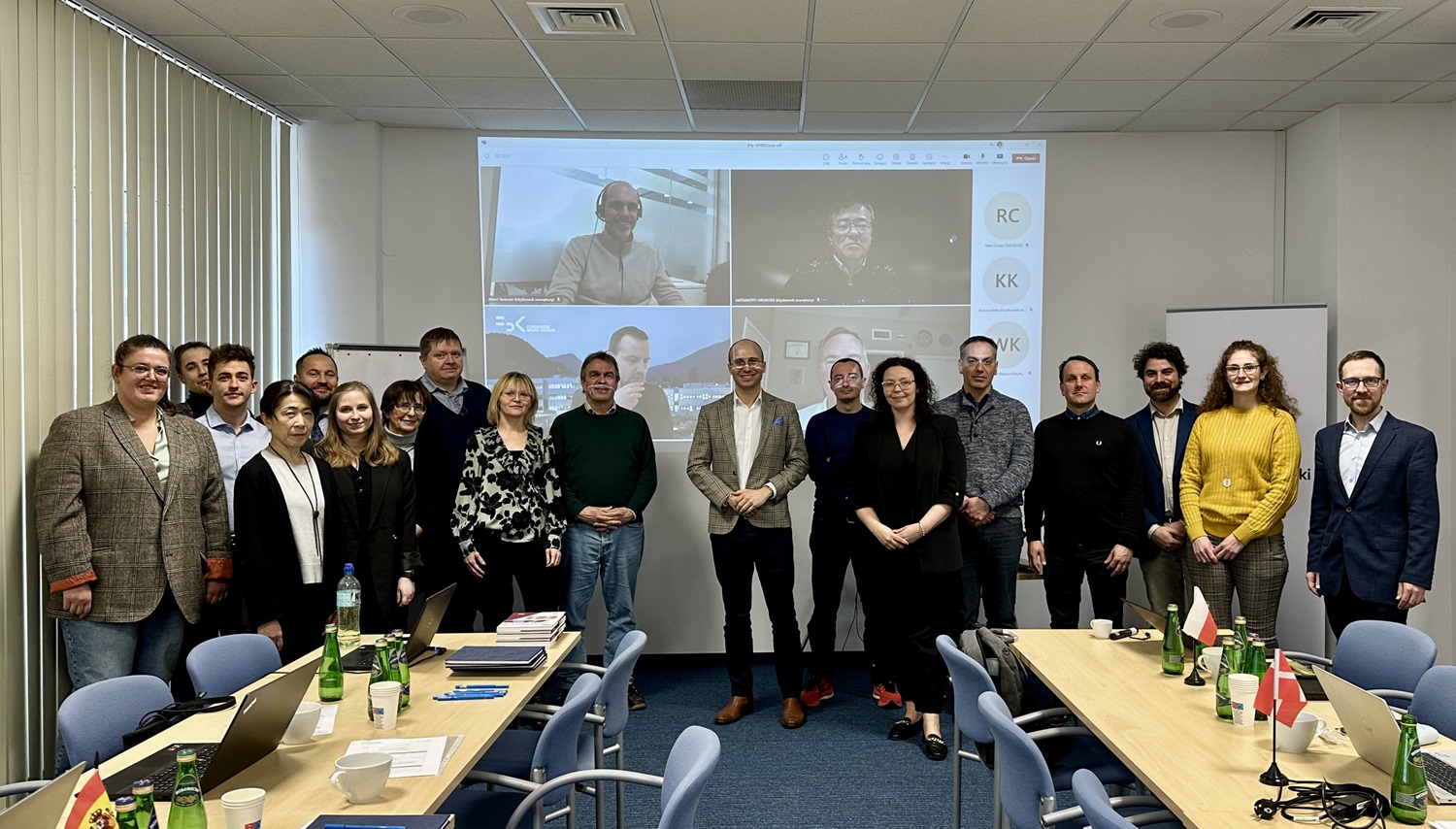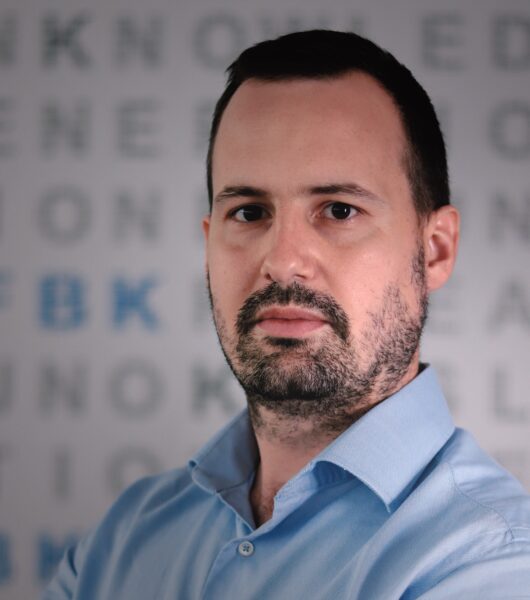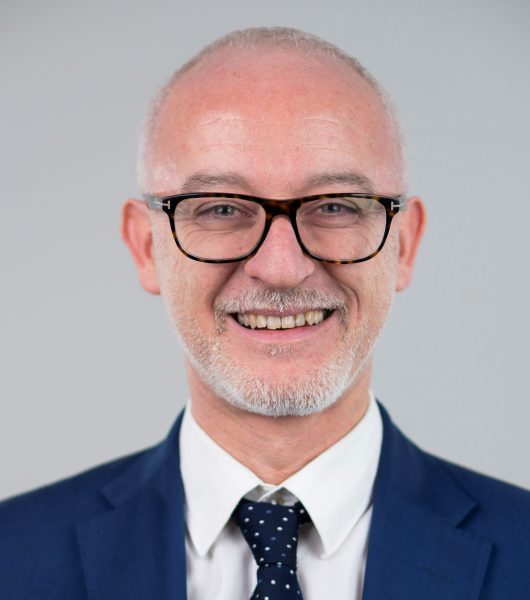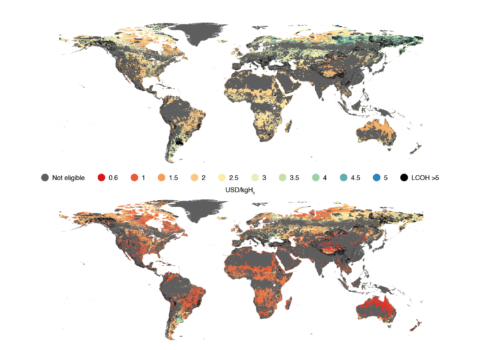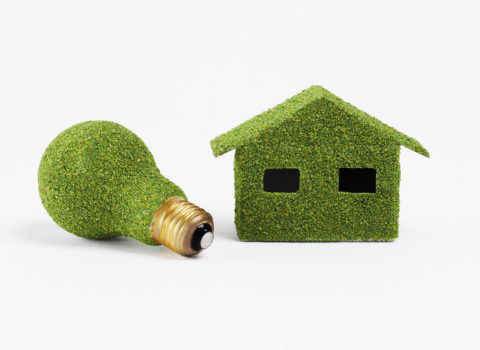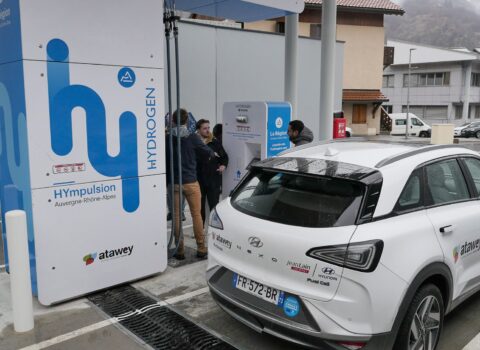
Innovative solid oxide electrolyzers to produce hydrogen will be developed in the Hy-SPIRE project
The kick-off meeting of the Horizon Europe project Hy-SPIRE “Hydrogen production by innovative solid oxide cell for flexible operation at intermediate temperature” was held in Warsaw on 8-9 February 2024, hosted by coordinator – the Institute of Power Engineering – National Research Institute (IPE-NRI).
According to long-term goals of EU, green hydrogen produced using renewable energy sources will become an energy vector for decarbonisation of the EU economy, in particular the hard-to-abate industry and transport sectors.
Water electrolysis is the most well-known technique used for zero-emission production of hydrogen and the technology of solid oxide electrolysers (SOEL) can become a key technological advantage for EU to become a world leader in hydrogen economy.
What is the aim of the Hy-SPIRE project?
The overarching objective of Hy-SPIRE project is to further boost the potential of SOEL by lowering the operating temperature below 700°C and increasing its flexibility in order to match the profiles of electricity generation in renewable energy sources (RES).
Through the development and application of new materials, advanced manufacturing techniques and optimized cell as well as compact stack designs, the project focuses on the creation of novel oxygen ion- and proton-conducting cells (O-SOE and P-SOE, respectively) on both, ceramic and metallic supports. Among the key goals of the Hy-SPIRE a low degradation equal to or lower than 0.75% per 1,000 h, operation at high current densities ca. 1.2 A/cm2 and ability to operate dynamically and fast ramping, can be listed.
Furthermore, the technoeconomic analysis with the support of life cycle assessment (LCA) will be used for the evaluation of project novelties and the market potential, as well as the definition of barriers and research directions to achieve the objectives of the Strategic Research and Innovation Agenda. This, among others, includes the reduction of hydrogen production cost to 3 €/kg by 2030, reduction of CAPEX 520 €/(kg/kW) and OPEX 45 €/(kg/kW).
These goals will be reached thanks to the collaboration of the consortium coordinated by the Institute of Power Engineering – National Research Institute (Poland). The partners of the project are prominent research institutes such as Ecole Polytechnique Fédérale De Lausanne (Switzerland), German Aerospace Center (Germany), Fondazione Bruno Kessler through the Centre for Sustainable Energy (Italy), Fundació Institut de Recerca en Energia de Catalunya a (Spain), Technical University of Denmark (Denmark), and one of the key European supplier of solid oxide cell electrolysers SolydEra (Italy).
“All of the partners have extensive experience in R&D related to SOEL, confirmed by numerous publications, patents and, most importantly, implementations. The project’s aims are ambitious, however, they will accelerate the implementation of SOEL to the market and at the same time they will position European entities as leaders in this technology” reports the Project Coordinator Jakub Kupecki. “Institute of Power Engineering – National Research Institute, beside the role of the project coordinator, will actively participate in all Work Packages. The Institute will perform comprehensive cell and stack testing, as well as will be involved in investigation of corrosion of metal-supported cell and the key stack components. Among IPE-NRI responsibilities will be the development of the testing protocols and procedure, which will be in line with European standards and other EU’s projects”.
Fondazione Bruno Kessler, through the Center for Sustainable Energy, will lead the Work Package 4, therefore managing the activities of communication, dissemination and exploitation, and providing a techno-economic analyses supported by life cycle assessment (LCA) addressing the recycling and end-of-life scenarios for the developed technology. FBK will also be in charge of the testing of the stack and the development of dedicated protocols and procedures for the testing activity on novel SOE stack based on metal and electrode supported cells.
“The HyRES unit of the Center for Sustainable Energy is honoured to participate in the Hy-SPIRE project” states Matteo Testi – Head of Hydrogen technologies and Resilient Energy Solution Unit. “HyRES will provide expertise and perform activities for Work Package 3 concerning the test of the short-stack solution developed in the project, and in Work Package 4, managing communication, dissemination, and exploitation efforts, including the techno-economic analysis of the iconic and proton cell solutions, providing valuable insights into the market potential and sustainability of these technologies.”
“FBK, through the Center for Sustainable Energy, is proud to participate and support Hy-SPIRE project. FBK-SE is preparing to support the hydrogen sector and be a key stakeholder for industrial players in the next future” states Luigi Crema – Director of the Center Sustainable Energy of FBK. “Hydrogen is part of the political agenda, a market framework is under development but, in any case, and even more it is necessary to support research and innovation on actual and next generation hydrogen technologies, to keep Europe in the forefront of the global hydrogen competition”.
